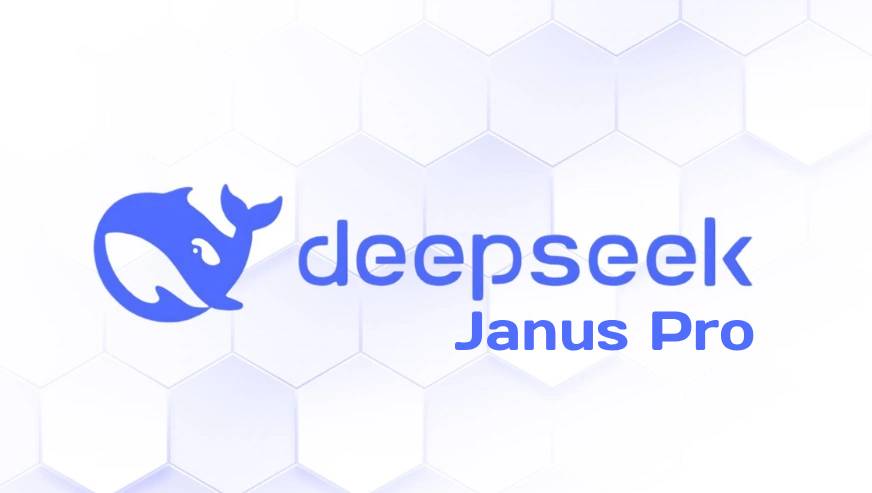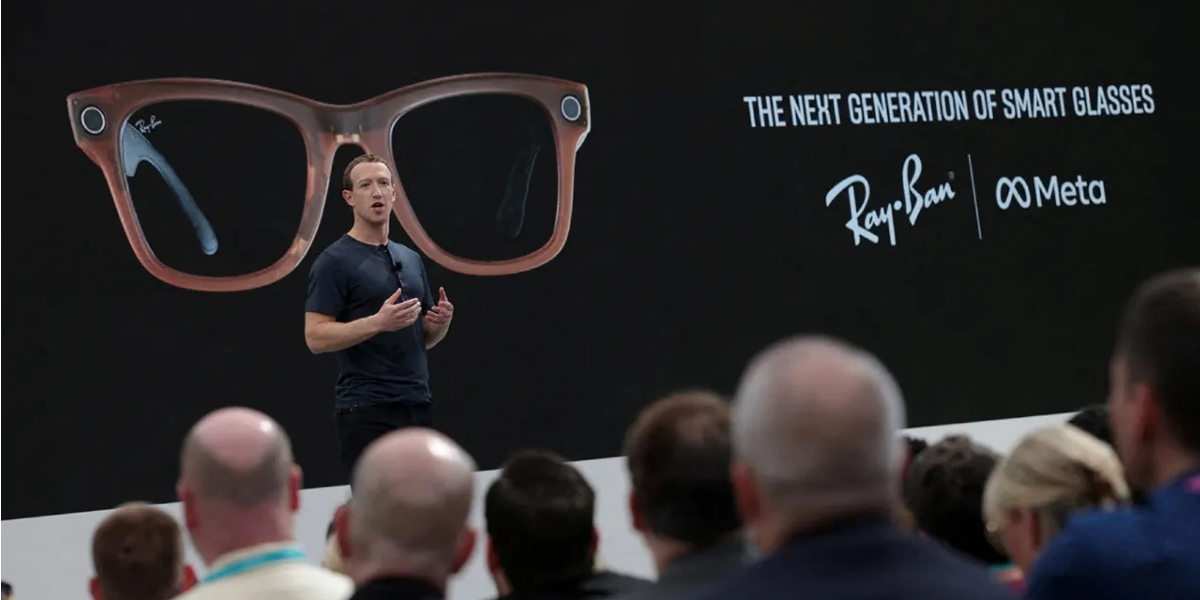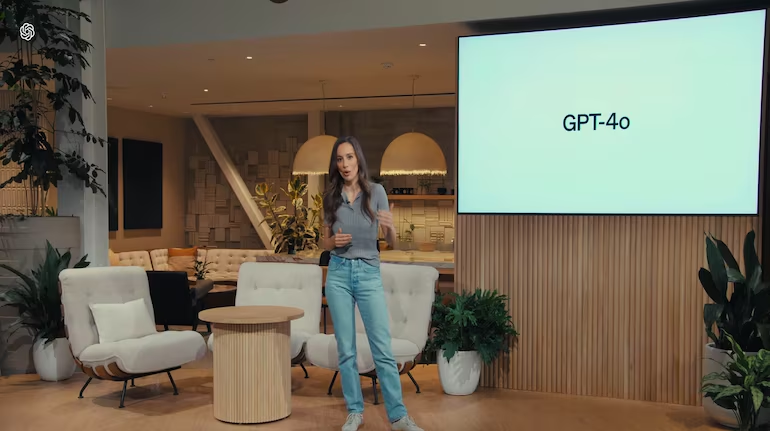Google’s AI summaries are quietly gutting online journalism’s business model, with news sites hemorrhaging up to 79% of their traffic as readers get their information fix without ever clicking through. Click-through rates to top organic results have plummeted 34.5%, while a whopping 26% of users now ghost searches entirely after reading AI overviews. Publishers are watching their ad revenue evaporate faster than morning dew, and there’s more brewing beneath this digital disruption.
The numbers tell a brutal story. When Google’s AI overviews appear, click-through rates to the top organic result plummet by 34.5%. That’s not a gentle decline—that’s a cliff dive with concrete at the bottom.
Here’s where it gets really depressing: only 8% of users bother clicking traditional search links when they see an AI summary, compared to 15% without one. Even worse? A measly 1% click links inside the AI summary itself. Apparently, users have decided that *good enough* information is, well, good enough.
News publishers are feeling this shift in their bank accounts. Some sites report traffic drops of up to 79%, which is roughly equivalent to watching your audience evaporate like morning dew.
When 26% of users simply close their search after reading an AI summary—compared to just 16% with regular results—you know the browsing behavior has fundamentally changed. Meanwhile, two-thirds of searches result in users not visiting external websites at all, choosing instead to browse elsewhere on Google or leave entirely.
The scope of this disruption is staggering. AI summaries now appear in approximately 18-20% of all Google searches****, with over 12,500 queries triggering summaries in recent tracking data. These summaries typically contain a median of 67 words, providing just enough information for users to feel satisfied without clicking through to the original sources.
Google’s push toward AI Overviews is fundamentally reshaping how users discover and consume online content.
Those “who,” “what,” “when,” and “why” questions that once drove steady traffic? They now have a 60% likelihood**** of generating an AI overview instead of sending users to your carefully crafted articles.
Publishers aren’t just losing casual browsers—they’re watching their core revenue model collapse. Fewer clicks mean fewer ad impressions, which means less money to pay journalists, editors, and everyone else who creates the content that AI systems happily summarize.
The cruel irony? AI summaries often rely on the very news articles they’re undermining. It’s like having a highly efficient vampire that politely thanks you while draining your blood.
As SEO professionals scramble to adapt their strategies, one thing becomes clear: the golden age of search referral traffic may be ending faster than anyone anticipated.









